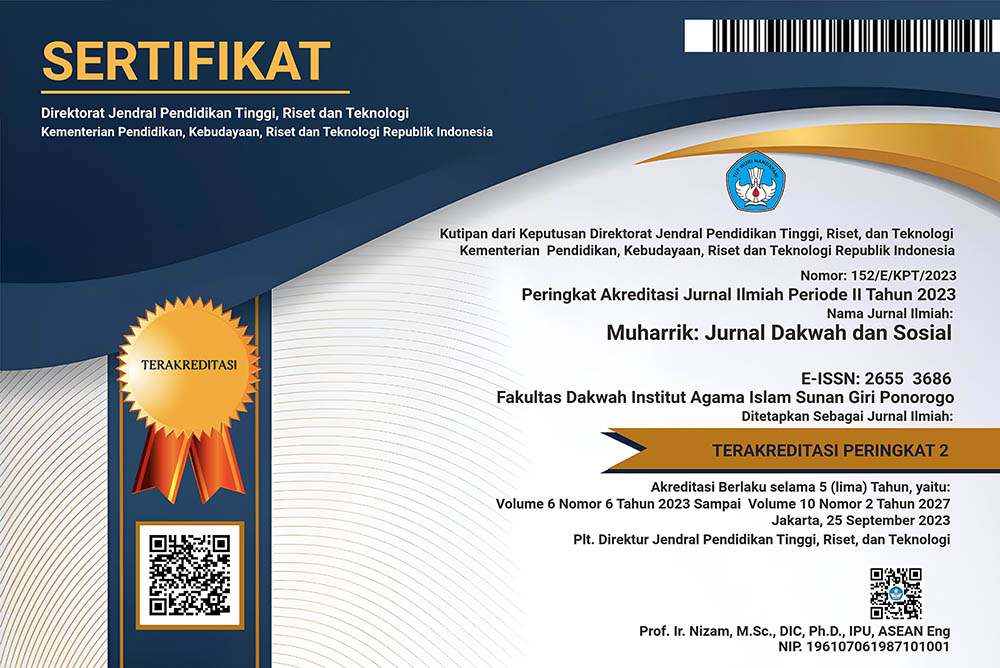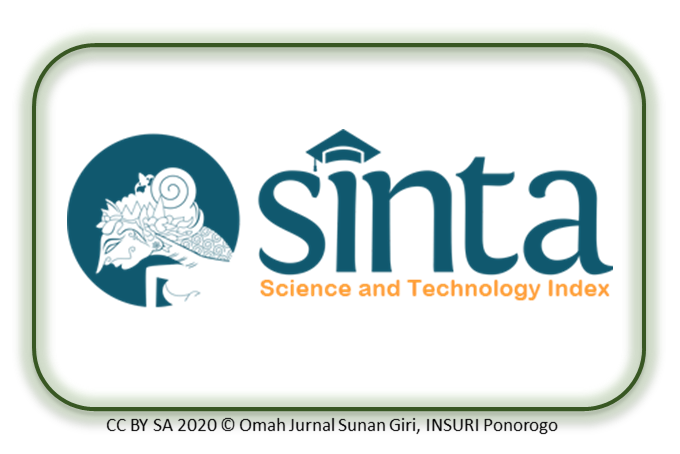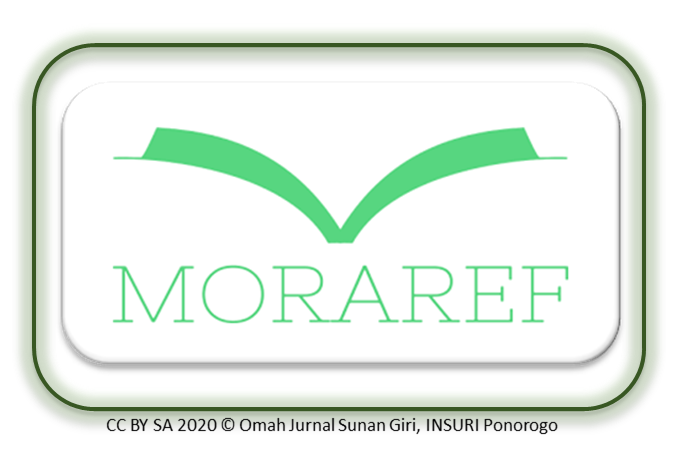Deconstructing Secular Humanism: Toward an Ethical Islamic Political Philosophy
Keywords:
Islamic Humanism, Islamic Political Philosophy, Deconstruction, al-Insāniyyah ar-RūḥiyyahAbstract
This article addresses the research question: Does excluding spiritual foundations from political philosophy undermine justice and legitimacy in modern societies? The primary aim is to critically compare secular and Islamic humanism to clarify their ethical frameworks. As commonly practiced in Western political thought, secular humanism centers on human autonomy and procedural rationality while often marginalizing spiritual and metaphysical perspectives. This orientation, the article argues, leads to a crisis of meaning and normative fragmentation, reducing politics to a technocratic process devoid of ethical depth. In contrast, Islamic humanism—or al-Insāniyyah ar-Rūḥiyyah—roots human dignity in concepts such as divine trust (amānah), servanthood (ʿubūdiyyah), and justice (ʿadālah), integrating ethical responsibility and spiritual purpose into the heart of political life. Methodologically, the study employs a normative-philosophical analysis, drawing from the works of Taha Abdurrahman, Al-Fārābī, and Al-Māwardī, to construct a comparative framework. The findings demonstrate that incorporating spiritual anthropology is not simply a theological issue but an epistemic necessity for achieving meaningful justice. Ultimately, the article offers a conceptual model for reconstructing political ethics, bridging rational and spiritual dimensions to advance a more just and coherent political order.
References
Abdurrahman, T. (2006). Rūḥ al-Ḥadāthah: al-Madkhal ilā Taʾsīs al-Ḥadāthah Islāmiyyah. Markaz al-Thaqāfī al-ʿArabī.
Abdurrahman, T. (2009). Taʾassulāt al-Taʾassul. Markaz al-Thaqāfī al-ʿArabī.
Abdurrahman, T. (2010). al-ʿAmal al-Ṣāliḥ. Dār al-Ittijāhāt.
Abdurrahman, T. (2012). Bāḥith fī al-ʿAql al-Akhlāqī al-ʿArabī. Markaz al-Thaqāfī al-ʿArabī.
al-Fārābī. (1985). Ara' Ahl al-Madina al-Fadilah. Dar al-Mashriq.
al-Fārābī. (2001). Opinions of the Residents of the Virtuous City. Princeton University Press.
Al-Attas, S. M. N. (1980). The Concept of Education in Islam. Muslim Youth Movement of Malaysia.
Al-Attas, S. M. N. (1993). Islam and Secularism. ISTAC.
Al-Ghazālī. (1993). Naṣīḥat al-Mulūk (F. Rosenthal, Trans.). Yale University Press.
Al-Ghazālī. Iḥyā’ ‘Ulūm al-Dīn. Various classical editions.
Al-Māwardī. (1996). al-Aḥkām al-Sulṭāniyyah. Dar al-Kutub al-‘Ilmiyyah.
Arendt, H. (1963). Eichmann in Jerusalem: A Report on the Banality of Evil. Viking Press.
Asad, M. (1980). The Principles of State and Government in Islam. Islamic Book Trust.
Asad, T. (2003). Formations of the Secular: Christianity, Islam, Modernity. Stanford University Press.
Auda, J. (2008). Maqasid al-Shariah as Philosophy of Islamic Law: A Systems Approach. International Institute of Islamic Thought.
Bauman, Z. (2000). Liquid Modernity. Polity Press.
Benoist, A. de. (2004). Beyond Human Rights: Defending Freedoms. Arktos.
Connolly, W. E. (1999). Why I Am Not a Secularist. University of Minnesota Press.
El-Affendi, A. (2001). Who Needs an Islamic State?. ISTAC.
Esposito, J. L., & Voll, J. O. (2001). Makers of Contemporary Islam. Oxford University Press.
Foucault, M. (1972). The Archaeology of Knowledge. Pantheon Books.
Gutas, D. (2001). Avicenna and the Aristotelian Tradition: Introduction to Reading Avicenna's Philosophical Works. Brill.
Habermas, J. (1991). The Structural Transformation of the Public Sphere. MIT Press.
Iqbal, M. (1930). The Reconstruction of Religious Thought in Islam. Oxford University Press.
James, W. (1902). The Varieties of Religious Experience. Longmans, Green, and Co.
Kant, I. (1784). What is Enlightenment? Berlinische Monatsschrift.
Kamali, M. H. (2008). Shari’ah Law: An Introduction. Oneworld Publications.
Lyotard, J.-F. (1984). The Postmodern Condition: A Report on Knowledge. University of Minnesota Press.
MacIntyre, A. (1981). After Virtue. University of Notre Dame Press.
Maritain, J. (1947). Humanisme Intégral. Aubier.
Mirandola, G. P. (1996). Oration on the Dignity of Man. Hackett Publishing.
Nancy, J.-L. (1993). The Experience of Freedom. Stanford University Press.
Nasr, S. H. (1990). Knowledge and the Sacred. State University of New York Press.
Nasr, S. H. (1993). A Young Muslim's Guide to the Modern World. Kazi Publications.
Qutb, S. (1949). Al-ʻAdālah al-Ijtimāʻiyyah fī al-Islām. Dār al-Shurūq.
Rahman, F. (1982). Islam and Modernity: Transformation of an Intellectual Tradition. University of Chicago Press.
Rawls, J. (1971). A Theory of Justice. Harvard University Press.
Ratzinger, J. (2006). Without Roots: The West, Relativism, and the Future of Civilization. Basic Books.
Rorty, R. (1989). Contingency, Irony, and Solidarity. Cambridge University Press.
Rosenthal, E. I. J. (1958). Political Thought in Medieval Islam. Cambridge University Press.
Rushd, I. (2012). The Incoherence of the Incoherence (Tahāfut al-Tahāfut) (S. van den Bergh, Trans.). Gibb Memorial Trust.
Sandel, M. (2009). Justice: What’s the Right Thing to Do?. Farrar, Straus and Giroux.
Schmitt, C. (2005). Political Theology: Four Chapters on the Concept of Sovereignty. University of Chicago Press.
Strauss, L. (1953). Natural Right and History. University of Chicago Press.
Taylor, C. (1991). The Ethics of Authenticity. Harvard University Press.
Taylor, C. (2007). A Secular Age. Harvard University Press.
West, C. (1993). Race Matters. Beacon Press.
Weber, M. (1946). From Max Weber: Essays in Sociology. Oxford University Press.
Downloads
Published
Issue
Section
License
Copyright (c) 2025 Muh. Alwi Parhanudin

This work is licensed under a Creative Commons Attribution-NonCommercial 4.0 International License.
The author(s) retain/s the copyright and grant/s Muharrik: Jurnal Dakwah dan Sosial the first publication rights licensed under the Creative Commons Attribution-NonCommercial 4.0 International (CC BY-NC 4.0) , which allows others to access (search, read, download and quote), share (copy and redistribute the material in any media or format) and adapt (mix, modify and develop) works for legitimate non-commercial purposes, with recognition of the authorship of the work and its initial publication in this journal.












